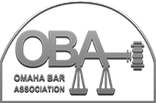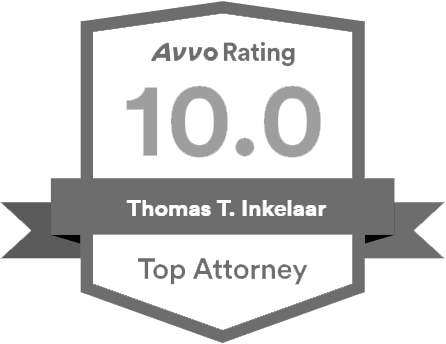Fremont Premises Liability Lawyer
Property owners in Nebraska have a duty to keep their property reasonably free from hazards that could injure visitors. If such a hazard does exist, it is the duty of the property owner to warn visitors of the dangers to reduce the chance of an accident occurring. When a property owner fails to sufficiently maintain their property and a visitor is seriously injured as a result, a premises liability lawyer in Fremont may be able to pursue compensation for injuries and other damages on that visitor’s behalf. Seeking the counsel of an experienced personal injury attorney from Inkelaar Law could help you learn more about your legal rights. We can advise on the best course of action to take to hold a negligent property owner liable.
Proving Negligence in Premises Liability Cases
In a typical premises liability case, you must prove a variety of important elements to demonstrate legal negligence by a property owner. The fact that a person was injured on someone’s else’s property may not automatically mean that the property owner was negligent. As such, you and a premises liability attorney in Fremont may need to fully establish that the property owner failed to exercise reasonable care.
Specifically, you would likely have to prove that the property owner(s) or person(s) responsible for the property knew about the dangerous condition yet failed to act or make the necessary repairs. Moreover, you may need to show that the property owner had a reasonable amount of time to know about the condition and repair it.
Classes of Visitors in Premises Liability Cases
Different classes of visitors on a property may be afforded different levels of protection under Nebraska state premises liability law. Classifying yourself into the appropriate category given the circumstances of your case is one of many civil actions a dedicated premises liability lawyer in Fremont could help you with.
Lawful entrants, otherwise known as “invitees” or “licensees,” are usually afforded the highest protection under Nebraska state law. These protections may vary depending on your individual status. For instance, a business customer may have different expectations of safety compared to an apartment lessee. Either way, property owners have a duty to prevent lawful entrants from injuring themselves on the property. This includes warning them of possible causes of injury, such as tripping hazards, slippery floors, or other situations that may put them in harm’s way.
A trespasser, on the other hand, ordinarily has the least protection under the law. Property owners are not tasked with warning trespassers of any potential hazards. Instead, they must only refrain from intentionally creating hazards that will cause harm. However, underage trespassers may still have rights similar to a lawful entrant.
Premises Liability Statute of Limitations
Under Nebraska Revised Statute §25-207, you have four years to ask the state courts for a civil remedy for most personal injuries, or when damage is done to personal property. Also known as a statute of limitations, this deadline puts a time limit on your right to have a lawsuit heard in Nebraska’s civil court system.
If you do not file a lawsuit before the statutory deadline passes, the property owner may ask the court to dismiss the case and the court has the right to grant the dismissal. Under certain circumstances, though, the limitations “clock” may pause, granting you more time to start your lawsuit. Speak with a caring premises liability attorney in Fremont at Inkelaar Law to learn more about your legal options and how the statute of limitations may influence your case.
Talk to a Fremont Premises Liability Attorney
Proving negligence in a premises liability case can be complicated. Especially if the defendant is looking to counter your claims, these cases can be notoriously difficult. Anyone injured in such an accident may benefit from consulting with a skilled premises liability lawyer in Fremont, to learn more about the legal options available to them based on their specific circumstances. Call today our attorneys at Inkelaar Law for a case evaluation.







